The
road infrastructure
is excellent in South
Africa, so driving
is a viable option,
but South Africa is
a huge country not easily
crossed in a day, so
you are advised to plan
your journeys carefully.
If you're not used to
driving long distances,
rather break the journey
up, as fatigue is a
major contributing factor
in motor vehicle accidents.
 While most national
roads are tarred and
in good condition, the
more rural the road,
the more likely it is
to be pot-holed and
poorly surfaced. (Editor's
note October / November
2017) The roads were
in much better condition
than in the Home Counties
in England.
While most national
roads are tarred and
in good condition, the
more rural the road,
the more likely it is
to be pot-holed and
poorly surfaced. (Editor's
note October / November
2017) The roads were
in much better condition
than in the Home Counties
in England.
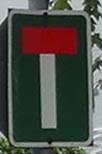
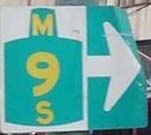
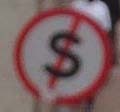
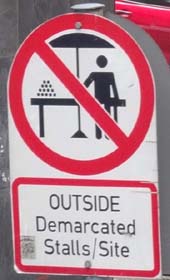
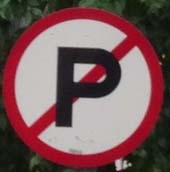
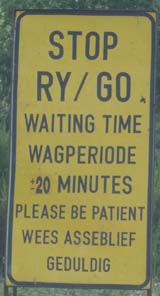 Key
rules, regulations and
things to know
Key
rules, regulations and
things to know
Drive
on the left overtake
on the right and
cars Ė vehicles Ė are
right-hand drive vehicles
(like New Zealand, Australia,
Ireland, UK, Japan etc).
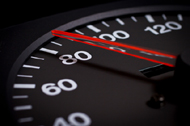 Speed
limit:
The
general speed limit
on national highways,
urban freeways, motorways
and other major routes
is 120km/h (75mph).
On secondary (rural)
roads it is 100km/h
(60mph). In built-up
areas (towns/villages)it
is usually 60km/h (35mph)
unless otherwise indicated
by
the speed limit sign.
Speed
limit:
The
general speed limit
on national highways,
urban freeways, motorways
and other major routes
is 120km/h (75mph).
On secondary (rural)
roads it is 100km/h
(60mph). In built-up
areas (towns/villages)it
is usually 60km/h (35mph)
unless otherwise indicated
by
the speed limit sign.
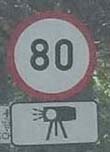 Speeds and distances
on road signs appear
in kilometres. Not miles.
(and speedometers)
Speeds and distances
on road signs appear
in kilometres. Not miles.
(and speedometers)
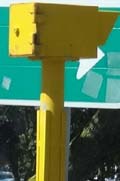 There
are numerous speed warning
camera signs and there
are cameras too so make
sure you keep to the
speed limit.
There
are numerous speed warning
camera signs and there
are cameras too so make
sure you keep to the
speed limit.
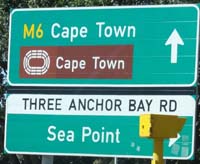 Roads:
The country's
main roads are identified
by a number - the National
highways which link
the main cities take
the prefix 'N' followed
by a number. The 2000
kilometre long N1 starts
in Cape Town and passes
through Johannesburg
and Pretoria before
ending at the Zimbabwe
border. The N2 from
Cape Town follows the
coast through the Garden
Route, Port Elizabeth
and Durban before ending
at the Mozambique border.
Roads:
The country's
main roads are identified
by a number - the National
highways which link
the main cities take
the prefix 'N' followed
by a number. The 2000
kilometre long N1 starts
in Cape Town and passes
through Johannesburg
and Pretoria before
ending at the Zimbabwe
border. The N2 from
Cape Town follows the
coast through the Garden
Route, Port Elizabeth
and Durban before ending
at the Mozambique border.
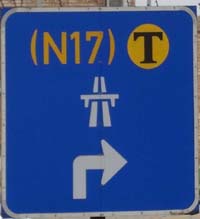 Regional highways and
roads carry the prefix
'R' followed by a number,
while major metropolitan
roads carry the prefix
'M' followed by a number.
Regional highways and
roads carry the prefix
'R' followed by a number,
while major metropolitan
roads carry the prefix
'M' followed by a number.
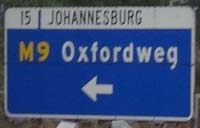 Motorways in
South Africa do not
have deceleration
lanes, instead on approach
to an exit there are
warning boards.
Motorways in
South Africa do not
have deceleration
lanes, instead on approach
to an exit there are
warning boards.

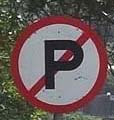 Parking:
A
single yellow line means
no parking at any time;
a single red line means
no stopping. You must
not park facing oncoming
traffic. It is also
against the law to park
a vehicle on the opposite
side of the road facing
oncoming traffic.
Parking:
A
single yellow line means
no parking at any time;
a single red line means
no stopping. You must
not park facing oncoming
traffic. It is also
against the law to park
a vehicle on the opposite
side of the road facing
oncoming traffic.
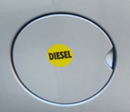 Fuel:
Make sure you carry
cash as well as credit
/ debit cards when driving
as some petrol stations
do not accept credit
cards. Fuel stations
are not as numerous
as they are in many
other countries and
you are advised to fill
up wherever you can.
Fuel stations are served
by petrol attendants
and so keep loose change
handy to tip the attendant.
A variety of petrol
stations are situated
on both main and country
roads. Most of them
are open 24 hours a
day.
Fuel:
Make sure you carry
cash as well as credit
/ debit cards when driving
as some petrol stations
do not accept credit
cards. Fuel stations
are not as numerous
as they are in many
other countries and
you are advised to fill
up wherever you can.
Fuel stations are served
by petrol attendants
and so keep loose change
handy to tip the attendant.
A variety of petrol
stations are situated
on both main and country
roads. Most of them
are open 24 hours a
day.
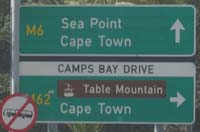 The main
point to consider when
driving in South Africa
is that it is a huge
country and that distances
between towns and petrol
stations are considerable
in some parts of the
country. It is advisable
to fill up your tank
before your car starts
giving warning signals.
The main
point to consider when
driving in South Africa
is that it is a huge
country and that distances
between towns and petrol
stations are considerable
in some parts of the
country. It is advisable
to fill up your tank
before your car starts
giving warning signals.
 Seat Belts:
Wearing of seat belts
is compulsory for all
passengers.
Seat Belts:
Wearing of seat belts
is compulsory for all
passengers.
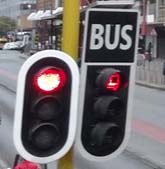 Traffic
Lights :
When
there is a
flashing red arrow on
the left means that
you are able to turn
in that direction, provided
there is no other traffic
on the road - a continuous
red / green arrow is
informing you that you
can proceed with caution
in that direction. They
are like many European
countries including
Ireland going from red
to green, then amber
and red.
Traffic
Lights :
When
there is a
flashing red arrow on
the left means that
you are able to turn
in that direction, provided
there is no other traffic
on the road - a continuous
red / green arrow is
informing you that you
can proceed with caution
in that direction. They
are like many European
countries including
Ireland going from red
to green, then amber
and red.
The
first vehicle to arrive
at a junction has priority.
A very strange system
similar to smaller junctions
in France.
Overtaking
: Overtaking
can occur in any lane
on a highway. The hard
shoulder is also used.
Local drivers will expect
slower traffic to move
onto the hard shoulder
to allow them to overtake.
It can be rather strange
until you are used to
it. Many roads have
a wide hard shoulder
with a yellow marking.
Slower drivers move
into this and normally
a driver will thank
that driver by flashing
the hazard warning lights
so a faster vehicle
overtakes.
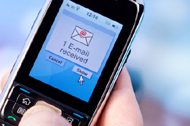 Mobile phones:
It is illegal to use
a hand held mobile phone
whilst driving. Don't
risk using one as you
can receive a heavy
fine in most countries
and more
important cause a serious
accident.
Mobile phones:
It is illegal to use
a hand held mobile phone
whilst driving. Don't
risk using one as you
can receive a heavy
fine in most countries
and more
important cause a serious
accident.

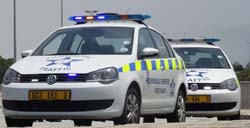 Traffic
Police: The
country's roads have
a lot of police patrolling
and in many cases carry
portable speed radar
devices. They also create
checkpoints on the road.
Traffic
Police: The
country's roads have
a lot of police patrolling
and in many cases carry
portable speed radar
devices. They also create
checkpoints on the road.
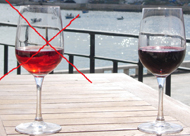 Drink
and Driving:
Blood alcohol limit
is 0.05
More
information Here
Drink
and Driving:
Blood alcohol limit
is 0.05
More
information Here
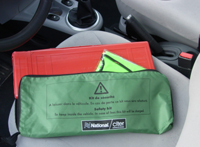 Warning
/ Emergency Equipment:
Warning triangles are
required in all motor
cars registered after
1 July 2006. There does
not appear to be a legal
requirement for reflective
jackets, fire extinguishers
or first aid kits.
Warning
/ Emergency Equipment:
Warning triangles are
required in all motor
cars registered after
1 July 2006. There does
not appear to be a legal
requirement for reflective
jackets, fire extinguishers
or first aid kits.
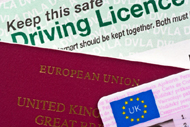 Driverís
licences:
Any
valid driverís licence
is accepted provided
it bears the photograph
and signature of the
holder and is printed
in English, although
according to
Economy Car Hire,
you
are advised to obtain
an International Driving
Permit.
Driverís
licences:
Any
valid driverís licence
is accepted provided
it bears the photograph
and signature of the
holder and is printed
in English, although
according to
Economy Car Hire,
you
are advised to obtain
an International Driving
Permit.
Driving
Age:
The minimum driving
age is 18 years - check
with the car hire company
about the minimum age
to rent a car in South
Africa.
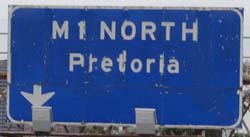 Toll
roads: South
Africa info advises
that before you set
off, check your route.
Many of the national
roads between the major
centres are toll roads.
A road toll is payable
on freeways within the
Gauteng province.
Toll
roads: South
Africa info advises
that before you set
off, check your route.
Many of the national
roads between the major
centres are toll roads.
A road toll is payable
on freeways within the
Gauteng province.
The
routes affected will
include the N1 from
Pretoria, the R24 to
the R21 to Pretoria
and Johannesburg's ring
roads on the Randburg
and Alberton routes.
There will be 185km
of roads affected by
the tolls. If you are
travelling on these
routes you will be charged
and billed at the end
of the rental by the
supplier. Lightweight
vehicles are set to
be charged 40c/km.
In
many cases if you are
hiring a car you will
be charged back by the
car hire company as
many tolls like on the
Johannesburg ring road
operate by overhead
cameras like on the
M50 at Dublin, Ireland.
If you are not hiring,
make sure you pay on
line.
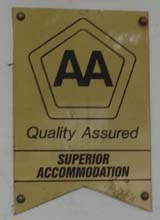 Road
info and maps:
Current
information on the conditions
of roads can be obtained
through the Automobile
Association of South
Africa /AA (see link
on logo below).
The AA
also provides invaluable
guides for road users
in the form of strip
maps tailored for specific
destinations and information
for tourists on accommodation
en route. Main roads
are identified by colour
and number rather than
by name, and with a
good map which incorporates
the route marker system,
visitors should have
little difficulty in
finding their way around.
Road
info and maps:
Current
information on the conditions
of roads can be obtained
through the Automobile
Association of South
Africa /AA (see link
on logo below).
The AA
also provides invaluable
guides for road users
in the form of strip
maps tailored for specific
destinations and information
for tourists on accommodation
en route. Main roads
are identified by colour
and number rather than
by name, and with a
good map which incorporates
the route marker system,
visitors should have
little difficulty in
finding their way around.
 Look
out for animals in rural
areas.
You will also find that
the roads in many rural
areas are not fenced,
so you could find dogs,
chickens, sheep, horses
or cows on the road,
so it may be dangerous
to drive at night. There
are also large antelope
crossing the roads that
can also be a hazard
in certain areas Ė look
for the road signs illustrating
a leaping antelope and
drive slowly, especially
towards evening time.
This
can also happen on motorways
and dual carriageways
with cattle suddenly
appearing!
Look
out for animals in rural
areas.
You will also find that
the roads in many rural
areas are not fenced,
so you could find dogs,
chickens, sheep, horses
or cows on the road,
so it may be dangerous
to drive at night. There
are also large antelope
crossing the roads that
can also be a hazard
in certain areas Ė look
for the road signs illustrating
a leaping antelope and
drive slowly, especially
towards evening time.
This
can also happen on motorways
and dual carriageways
with cattle suddenly
appearing!
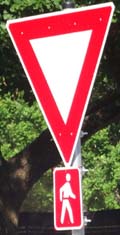 Accidents:
If you are involved
in an accident or witness
an accident you can
dial the emergency services
on 112
from your mobile phone
in South Africa. If
you don't have access
to a mobile, you can
dial the police on 10111
or the ambulance service
on 10117 from a landline
Accidents:
If you are involved
in an accident or witness
an accident you can
dial the emergency services
on 112
from your mobile phone
in South Africa. If
you don't have access
to a mobile, you can
dial the police on 10111
or the ambulance service
on 10117 from a landline
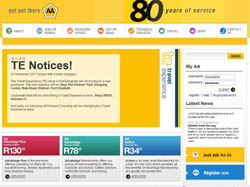 The
AA offers a large range
of services that cater
for every motoring and
travelling need. Click
on image to left to
enter site
The
AA offers a large range
of services that cater
for every motoring and
travelling need. Click
on image to left to
enter site
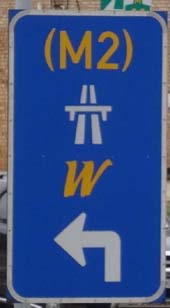 Part
source:
Part
source:  southafrica.info/travel/advice
|
Economy
Car Hire
|Holiday
Autos and editor's personal
experiences
southafrica.info/travel/advice
|
Economy
Car Hire
|Holiday
Autos and editor's personal
experiences

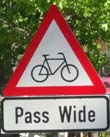
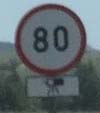
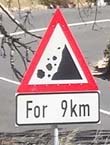
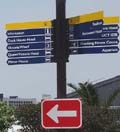

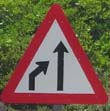

Back
to top
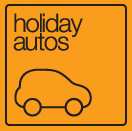 Information from holiday
autos about South Africa
Information from holiday
autos about South Africa
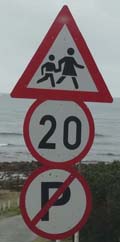 Jump
on a plane, book car
hire South Africa and
experience this amazing
country for yourself.
Tackle Table Mountain,
spring bok in time to
the Zulu battlefields
or soak up the sun on
Durban's beaches. Carhire
is the best way to see
it all. Book cheap car
hire in South Africa
now for that ultimate
African experience.
Jump
on a plane, book car
hire South Africa and
experience this amazing
country for yourself.
Tackle Table Mountain,
spring bok in time to
the Zulu battlefields
or soak up the sun on
Durban's beaches. Carhire
is the best way to see
it all. Book cheap car
hire in South Africa
now for that ultimate
African experience.
car
hire in Cape Town
- The
Mother City, has it
all. Hire a car and
make sure you see everything.
Cape Town is Great White
territory, drive down
to one of its beaches
for a spot of shark
cage diving. Not a fan
of Jaws? Try your hand
at kloofing on Table
Mountain instead.
car
hire in Port Elizabeth
- Port
Elizabeth has more game
reserves than you can
shake a stick at. Take
your South African hire
car for a drive along
the famous Garden Route
and explore the Eastern
Cape. Drive out of town
to the Addo Elephant
National Park for a
super exciting day out.
Swap your rental car
for a surf board at
the watersports capital
of South Africa, Nelson
Mandela Bay.
car
hire in Durban
- Durban.
Home to the Valley of
a thousand hills. Book
car hire in Durban and
head off exploring at
your own pace. For an
adrenaline rush, drive
to the Drakensberg Mountains,
its sheer rock faces
will have your heart
pumping big time. Not
got a head for heights?
Book cehap car hire
in South Africa and
head to uShaka Marine
World, Durbanís answer
to Floridaís Wet n Wild.
car
hire in Johannesburg
- Book
cheap car hire in Johannesburg
and explore South Africaís
bustling metropolis
for yourself. No trip
to Johannesburg is complete
without a visit to the
Kruger National Park.
Donít forget the binoculors
now! After all that
heat of the bush relax
in a warm bath in the
town of Warmbaths, about
an hourís drive north
of Johannesburg in the
hire car.
top
driving tips -
Make
sure you carry cash
when driving, petrol
stations do not accept
credit cards.
Robot
is the South African
term for traffic lights.
Pay
attention when arriving
at junctions, the first
car to arrive has right
of way.
When
stopping at traffic
lights or at intersections
lock your doors and
keep your windows up.
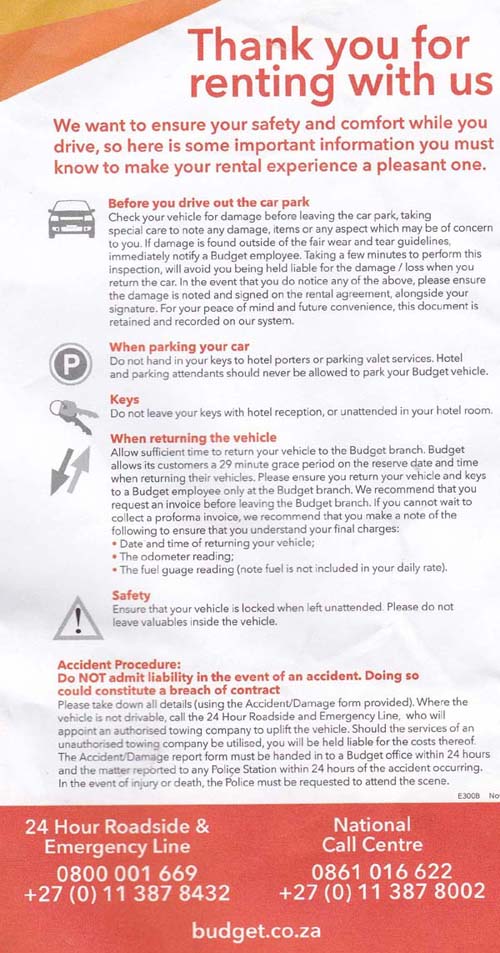 Click on the image above
to enlarge to PDF -
(November 16 and given
to editor November 17)
Click on the image above
to enlarge to PDF -
(November 16 and given
to editor November 17)
Capitals:
Pretoria
(executive capital)
- Cape Town (legislative
capital) - Bloemfontein
(judicial capital)
Telephone
Country Code:
+27

Further
Information:
 southafrica.info/travel/advice
southafrica.info/travel/advice
Finally,
Donít forget your car
hire excess insurance
and buy it before you
set off